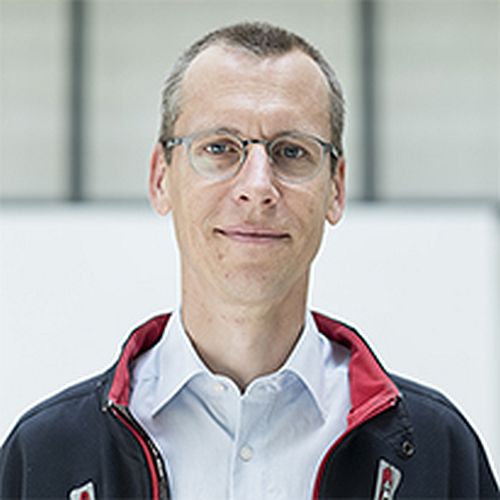Stories
Interface in person:
Jörg Niewöhner brings disciplines together

What are we able to know? A critical mind researches environmental risks and risk perception
Jörg Niewöhner has always been interested in environmental affairs. That is why he studied and wrote his PhD thesis in the field of environmental sciences at the University of East Anglia in England. “As a typical child of the 80’s I wanted to change the world,” the researcher from Cologne remembers.
Niewöhner was at first confronted with the concept of environmental risk and risk perception during his studies which were dominated by fundamental research and natural sciences. He was introduced to mathematics, physics, chemistry and other subjects such as climatology and environmental management. It was a time when climate change, genetic engineering and nuclear energy were more and more taken note of and discussed by a wider public. “How can it be that people do not want to have a nuclear power station in their backyard but drink five beers a day without any problem?”, says the researcher explaining his initial considerations. “How can we understand how people react to risks? And how can we communicate those risks to the populace and in the end how can risks be divided in a just manner? Those questions motivated me.”
This motivation led the bachelor graduate directly towards his PhD. Niewöhner did his doctoral research at the interface of risk perception and risk communication focusing on mental models in psychology. Here, risks are perceived as mental constructs which develop in a person’s brain. Thereby the assumptions of experts and amateurs do not always coincide which leads to a search for communication strategies. However, psychological approaches leave many questions unanswered. “You can provide people with the ‘right’ facts, but still they would be worried, ignoring dangers or developing alternative interpretations. The reasons for this often lies in societal contexts which determine the everyday life of people. How a nuclear power plant is culturally perceived, what it means for a region, all that cannot be gathered sufficiently through using standardized tests,” says Niewöhner about his growing frustration relying on the methods of psychology only.
The general public is not merely a container or receiver of expert opinions, nor is there always a consensus of what can be classified as expert opinion; on the contrary, expertise has to be questioned permanently facing growing uncertainties due to environmental and climate change. Taking those considerations into account, Jörg Niewöhner not only received his PhD, but also a healthy skepticism towards knowledge production in expert systems paired with an increased appreciation for the complexity of everyday life. He started to explore approaches from the social sciences and science studies.
Contact

Jörg Niewöhner
Deputy Director
Email:
Since 2013, Jörg Niewöhner is deputy director at IRI THESys, a part of the interdisciplinary institute since its foundation. His academic career started in natural sciences before he turned more to the social sciences. Today, Jörg Niewöhner wants to mediate between disciplines.


